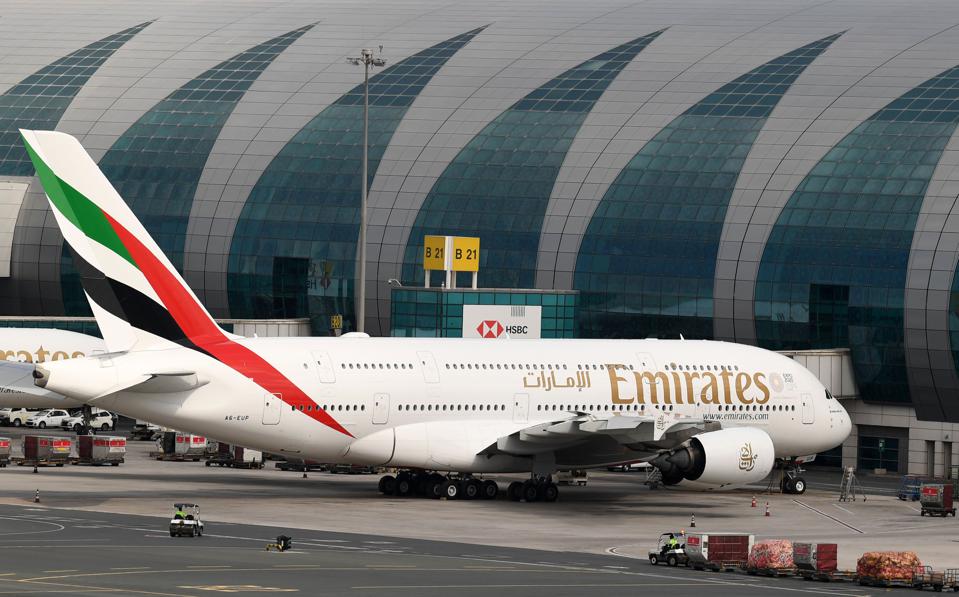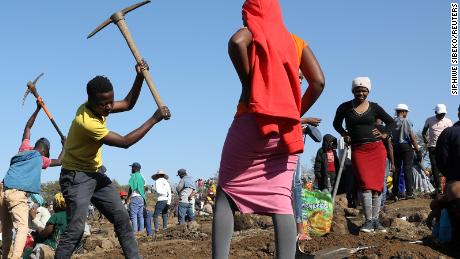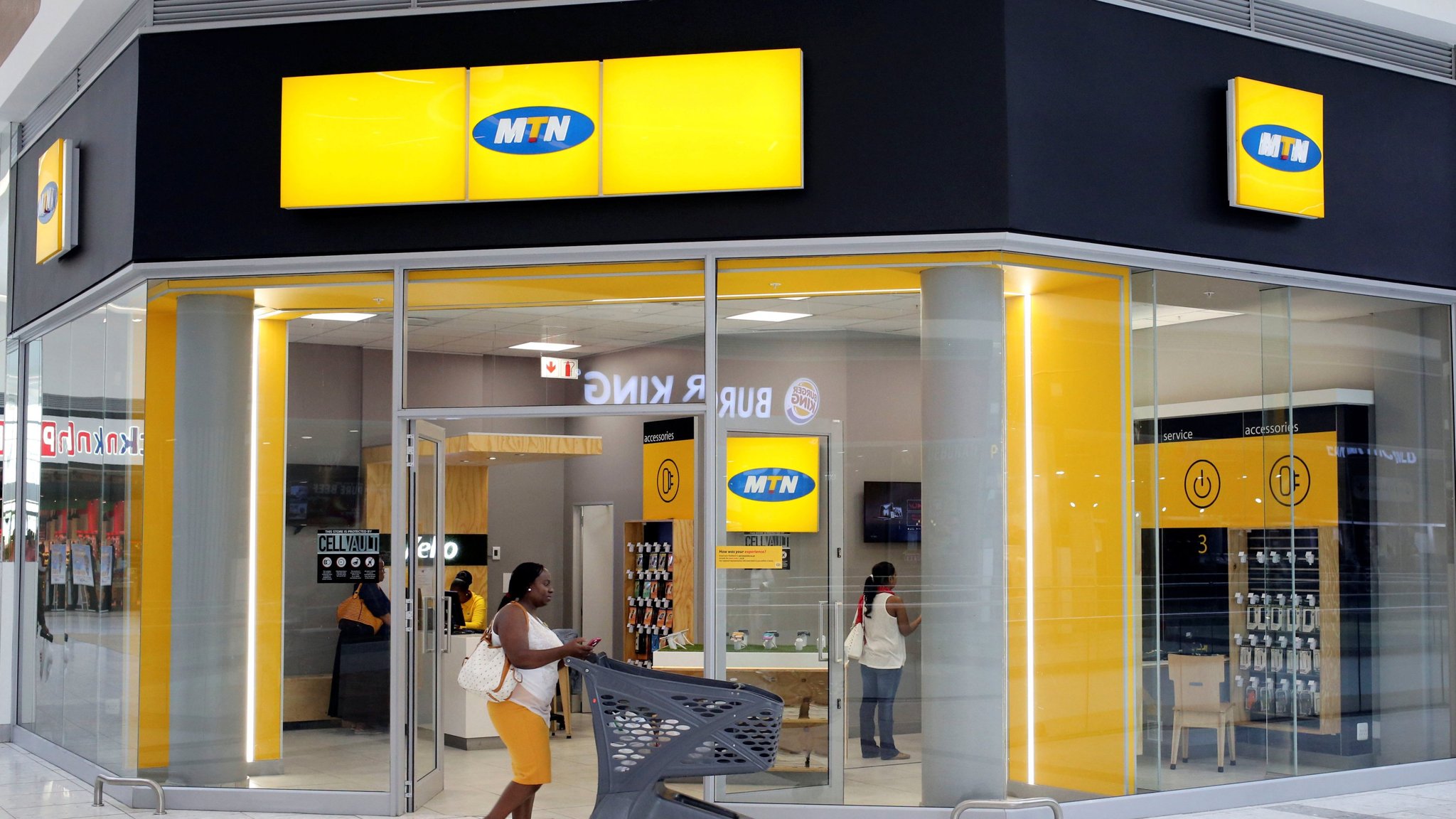82 Startup Fundraising Operations In 2020: Here’s All You Need To Know About The Latest Report From Tunisia
A new report has been released by Smart Tunisia, a management company responsible for the implementation of the national Startup Tunisia initiative including the country’s Startup Act, about the performance of the Tunisian startup ecosystem in 2020.
“In 2020, regulated investment companies accounted for 46.3 percent of all investment transactions. In second place, Business Angels supplied 36.6 percent of investment operations in 2020,” the report reads in part.

Here Is What You Need To Know
- Half of startups (49 percent) saw a decline in revenue as a result of the Coronavirus’s impact, says the report. In contrast, 14 percent of startups increased their income while 17 percent of startups noted that their current fundraising campaigns were halted. In summary, one in every five startups (21%) said they had not been touched by the crisis.
- The report also noted that 247 labelled startups produced a total turnover of 71.9 million dinars ($26m) in 2020.
- An analysis of turnover by business sector reveals that five industries accounted for 70% of the entire turnover of labelled startups. Marketplace ($4.2m), EdTech ($3.1m ), FinTech ($3.1m), AI ($2.5m), and Business Software ($2.5m) are among them. A more extensive analysis however reveals that the Retail sub-sector accounts for 86 percent of the turnover generated by Marketplaces.
- According to Startup Tunisia, labelled startups over one year old earned a 47.6 percent increase in turnover in 2020, regardless of when the label was obtained. More than half of the labelled startups generated a turnover of less than 50 thousand dinars ($20k), while one in every four (25.1 percent) has a turnover of between 100 and 500 thousand dinars ($36-$180k).
- Almost half of the labelled startups’ export revenue was generated in Europe (45.7 percent).
- Again in 2020, Sub-Saharan Africa’s export turnover increased (+7 points) whereas Asia’s (-3 points) and North America’s (-3 points) fell (-3 points).
- In terms of employment, the Covid-19 health issue has had a huge impact on startups. According to the startup report, relatively few new hires were recruited in 2020, and existing firms were forced to cut staff costs.
- The proportion of women is the same as in 2019: 2 out of every 5 employees are female.
- In terms of ticket funding, 44 companies raised 23.2 million ($8.3m) in Tunisia in 2020 through 82 fundraising operations.
- Fundraising was mostly focused on startups in their early stages (91 percent of these operations were carried out for amounts less than 1 MD ($360k).
- Despite the fact that this is the same observation as in 2019, it was noticed that the number of tickets priced between 200 and 600 thousand dinars ($72k-$216k) grew by 11 points in 2020.
- The proportion of fundraising operations higher than 1 MD ($360K) (9%) grew by one point in comparison to 2019.
Lessons from Tunisia’s seeming success with its Startup Act
Tunisia’s Startup Act has largely succeeded because of a collaboration between the public and private sectors. For instance, Smart Capital, the company in charge of administering the Tunisian Startup Act is privately managed, although with public shareholding. The company was approved by the Tunisian Financial Markets Council, and works with the country’s Ministry of Communication Technologies and Digital Economy and the Ministry of Finance. Smart Capital’s mission is simple and straight-forward: design and implement the Startup Tunisia initiative (including among others, the Startup Act and the Fund of Funds ANAVA), in order to make Tunisia a country of startups at the crossroads of the Mediterranean, MENA region and Africa.
Read also:Ecobank Fintech Challenge 2021 Launches For African Startups
Thus, handing over the administration of the Act to a private entity has saved the Act from the bugs of bureaucracy and inefficiencies that eat up most government commissions and agencies in Africa. The company has been promoting Tunisian startups and recently launched several funds in support of startups.
Tunisia Startup report 2020 Tunisia Startup report 2020
Charles Rapulu Udoh

Charles Rapulu Udoh is a Lagos-based lawyer who has advised startups across Africa on issues such as startup funding (Venture Capital, Debt financing, private equity, angel investing etc), taxation, strategies, etc. He also has special focus on the protection of business or brands’ intellectual property rights ( such as trademark, patent or design) across Africa and other foreign jurisdictions.
He is well versed on issues of ESG (sustainability), media and entertainment law, corporate finance and governance.
He is also an award-winning writer






















